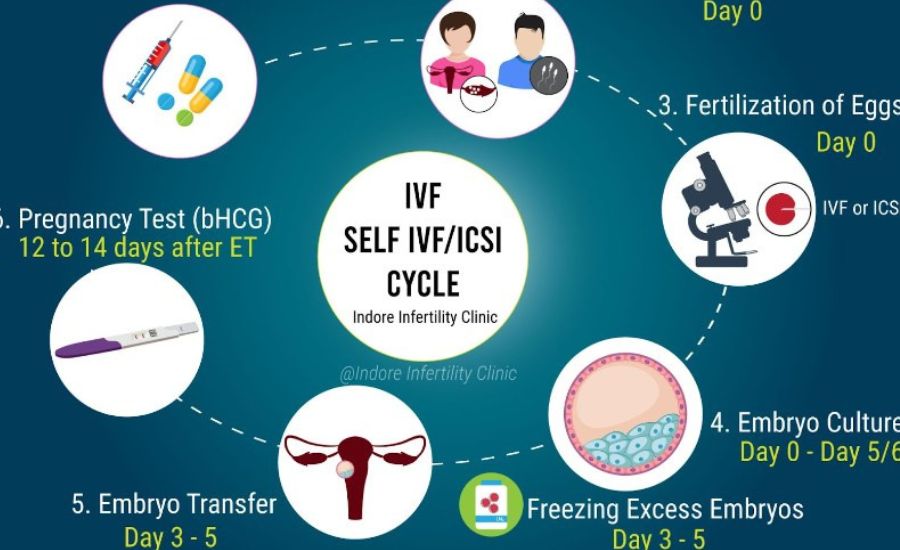Infertility can result from health conditions or external factors that inhibit pregnancy. Looking at various treatment options may help you increase your chances of getting pregnant. If you have been trying to conceive for the past year, you may need to seek healthcare treatment. Here is more information about infertility and a few types of treatments that your healthcare specialist may recommend:
Understanding Infertility
Infertility happens when you can’t conceive for a certain period. Women with infertility may experience abnormal bleeding or no periods. Men may exhibit signs of hormonal conditions like variation in hair growth or libido. Women who are 35 years or older and have tried to get pregnant for over six months can seek medical assistance. If you have known fertility conditions or have a history of pelvic inflammatory conditions, it may be time to talk to your healthcare professional. Cancer medications such as chemotherapy and having multiple miscarriages can also affect your chances of conceiving.
Men with low sperm count and a history of testicular or prostate conditions are at risk of infertility. If you are a man with smaller testicles than the normal adult size or have had a hernia surgery, you may need to seek healthcare advice for infertility. Infertility in women may be caused by factors such as age, uterine fibroids, polycystic ovary syndrome (PCOS), or endometriosis. Endometriosis is a condition where tissue that resembles the inner lining of the uterus develops outside of it.
Treatment Options
1. Surgery
Infertility in men can be reversed through surgery that helps to reverse sperm obstruction and restore fertility. Other surgeries in men can include repairing the large varicocele that helps to increase the chances of conception. Surgery in women includes hysteroscopy, which will treat polyps, deformed tissue, or fibroids. Laparoscopic surgery helps treat conditions such as endometriosis and fibroids.
2. Medications
A healthcare specialist may recommend medication to boost sperm count and chances of pregnancy. Prescribed medications can also improve the functioning of the testicles. Fertility medications in women can improve the chances of conceiving if the condition is due to ovulation issues. These medications enhance the release of eggs from the ovary when there is irregular or no ovulation.
3. Intrauterine Insemination (IUI)
Intrauterine insemination involves placing fertile sperm into the uterus during the time of egg release from the ovaries to be fertilized. The method is timed with your menstrual cycle or fertility medications. Healthy sperm can be donated by a partner or an unknown donor. The doctor can also recommend implanting a healthy sperm into a mature egg in a process called intracytoplasmic sperm injection (ICSI). The approach may be preferred when the semen quality and quantity are deficient.
Consult an Infertility Specialist Today
If you have an infertility condition, the healthcare specialist will offer treatment depending on the cause and your personal goals. The success of the treatment depends on the extent of your infertility condition. If you have infertility symptoms or are trying to conceive without success, schedule a consultation with a professional infertility specialist today.
Stay Connected With: celebriches

Jennifer David is the creative force behind CelebRiches, your go-to source for celebrity financial exploits. With an unwavering passion for the entertainment industry, she delivers in-depth insights into celebrities’ net worth, combining thorough research with a captivating narrative. Explore the stars’ fiscal journeys through Jennifer’s expert lens, where finance meets fame most engagingly.
